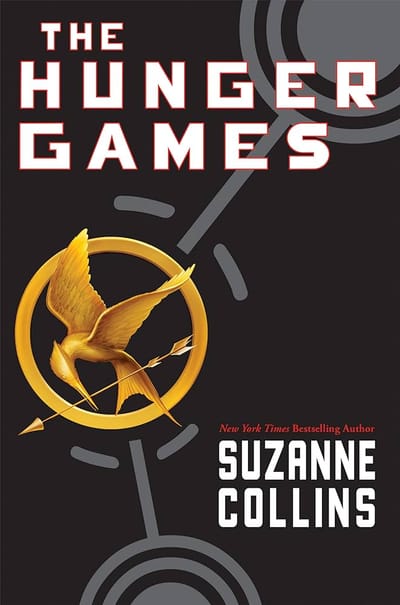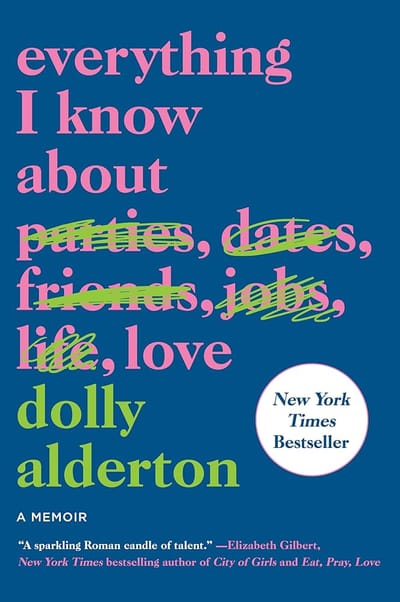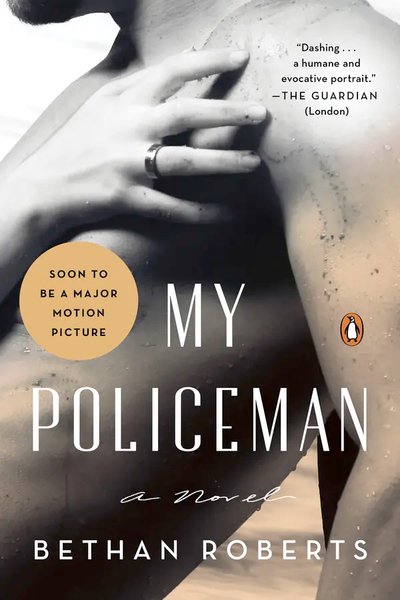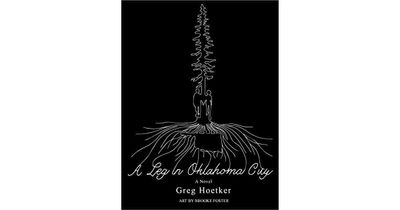Uncomfortable Conversations With a Black Man by Emmanuel Acho - Book Review

🚀 The Book in 3 Sentences
- Racism is a social construct that serves as an economic, political, and social tool.
- Assumptions aren’t bad, but it’s always good to question your beliefs and their morality.
- The more uncomfortable the conversation is, the more we need it.
If you want an overview by Acho himself, check out this video:
🌟 Star Rating
🎨 Impressions
I thought this book would be relatively uncomfortable to read. Unfortunately, it was a pretty comfortable read for me. I consider myself to be decently aware regarding race, so it isn’t a huge surprise? Regardless, I give it a 4/5 because I think Acho does a good job of breaking down common questions white people have about being black.
I am not white, however. I think I knew about most of the actions Acho calls for within Uncomfortable Conversations With a Black Man before reading the book. The one thing that really hit me was when Acho says, “Imagine clocking every time a white woman crosses the sidewalk or ends up on the elevator with you; imagine having to avert your gaze so you don’t make a white person uncomfortable, or changing your stride in front of police. Imagine always having to be on guard to gauge whether you are being perceived as a threat or are in some way playing into some white person’s negative image or idea of you.” I hadn’t thought of these obstacles as a part of what black people face. Being Asian, I don’t have to think about these things as much. It shocked me to think about having to do these things every day.
Because Acho does a good job at informing his target audience—white people—I give the book a 4/5.
How I Discovered It
I was walking around a book store and saw this book on one of the tables. The title intrigued me because I’ve wanted to learn more about race.
Who Should Read It?
If you’re a white person, you should read this book (especially if you got offended by me saying that). If you’re interested in learning some history behind racism, the N-word, and other issues that come with being black, you should read this book.
☘️ How the Book Changed Me
- I’m more inclined to be an ally and outspoken in race-related topics.
- I’m reminded of the privileges I have, but now I see that these privileges don’t protect me from oppression.
- I finally understand why “I don’t see color” is so problematic.
✍️ My Top 3 Quotes
Race doesn’t really exist for you because it has never been a barrier. Black folks don’t have that choice. —CHIMAMANDA NGOZI ADICHIE, AMERICANAH
To all of my readers who are wavering on whether white privilege is real, I pose the same question Lentz posed to the skeptical white man. What do you have to lose by believing in it? —EMMANUEL ACHO, UNCOMFORTABLE CONVERSATIONS WITH A BLACK MAN
Ending racism is not a finish line that we will cross. It’s a road we’ll travel. —EMMANUEL ACHO, UNCOMFORTABLE CONVERSATIONS WITH A BLACK MAN
No spam, no sharing to third party. Only you and me.







Member discussion